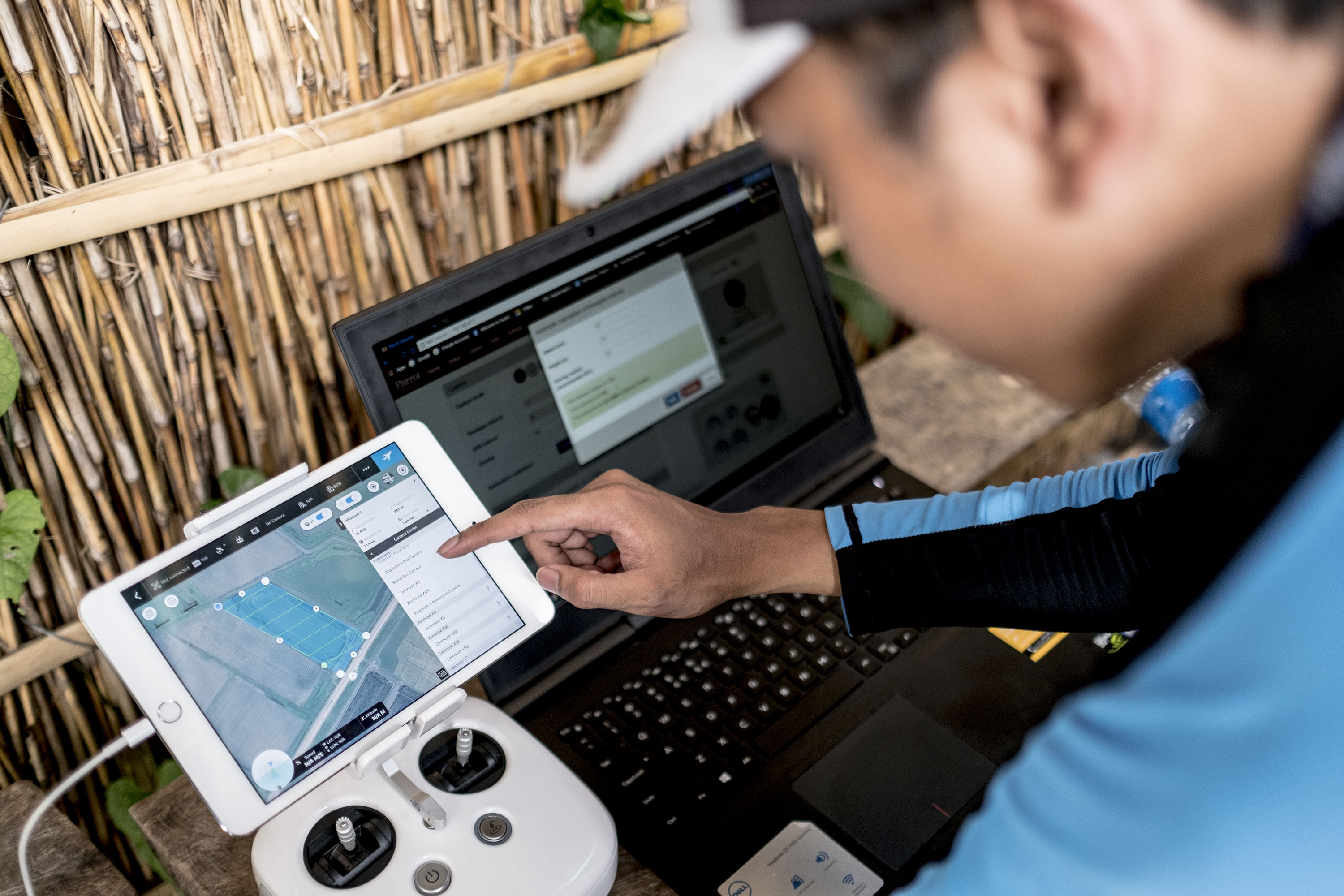
GFAR is facilitating a Collective Action on Inclusive Digital Transformation of Agriculture, which aims at empowering farmers, in particular small-scale producers, in the decision making over digital solutions for their farms. Since digital solutions are data-driven technologies, addressing issues around the governance of data - and data flows - is of paramount importance.
Agricultural data flows involve different actors from generation to transformation, enrichment, aggregation and final fruition. These dynamics have ethical, socio-economic, and legal dimensions that affect the way the digitalization of agriculture benefits the various actors, often leaving the least resourced behind. In particular, small-scale producers are not harnessing the power of data, and the use of data-driven solutions by farmers also poses risks of data misuse, power imbalances, bias, lock-in and even liability.
On April 1st, GFAR held a session tackling these topics during the Research Data Alliance (RDA) IGAD CoP Annual Meeting, under the title "Ethical and legal issues around agricultural data". The session was facilitated by Valeria Pesce, GFAR's partnerships facilitator and digital innovation adviser.
Five experts walked us through different but related aspects of farm data governance:
- Foteini Zampati gave us a first overview of ethical and legal questions about smart farming and farmers´ concerns around data sharing, highlighting the key questions of data ownership and data protection, inequality of bargaining power and lack of benefit sharing. She also introduced the various Codes of conduct that have been produced in different regions as examples of Industry-led self-regulation.
-
Caroline Wanjiru Muchiri dived more into issues specific to different types of data (farmer data, farm data, farming data, execution / operation...), and how good data governance requires infrastructures (institutions, legal system, ICTs), established processes, and above all consideration of the context (historical background, environmental and social context, with special attention to gender aspects: gender responsiveness of the conversation, and roles and independence of women in data creation in the agricultural process).
-
Leanne Wiseman highlighted how many legal dimensions concern agricultural data (IP / copyright Law, Privacy Law/ Personal and non-personal Data Laws, Contract Law, Competition Law) and how legislation doesn't cover all aspects, and explained how the voluntary codes of conduct are a first attempt to fill this legislative void; however, based on examples in the area of farm machine data governance and related issues of interoperability, portability and “right to repair”, she introduced the debate on the merits of mandatory versus voluntary data sharing schemes.
-
Ivo Hostens illustrated the rationale behind the “EU Code of conduct for data sharing by contractual agreement”: the need for seamless data transfer and interoperability while ensuring machine safety and security and enhancing trust and willingness to share data; he summarized the Code's principles, especially the key role of the "data originators" in controlling access to and use of data from their business, and highlighted the importance of creating trust also through proper design of technologies, introducing the AgIN industry proposal for interoperability between agricultural software providers.
- Mark Ryan gave an overview of how the 11 principles of Artificial Intelligence ethics (transparency, justice and fairness, non-maleficence, responsibility, privacy, beneficence, freedom and autonomy, trust, sustainability, dignity, solidarity) can be used to assess risks and benefits of the use of AI and robots in agriculture, highlighting for instance how farmers' freedom is impacted by the prohibition to ‘tamper’ with AI hardware, or by their ‘giving over’ control of the farm to AI decision-making, or how farmers must trade-off some privacy for the benefits and promises of AI on their farm.
GFAR wishes to thank the speakers for addressing these key topics and for delivering very engaging presentations, as well as the attendees for their active participation.
Speaker bios and full abstracts are available here.
